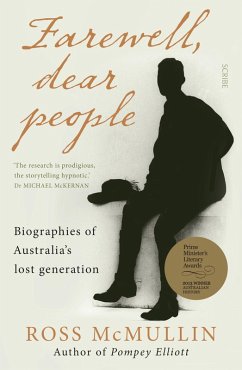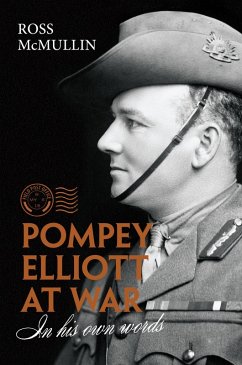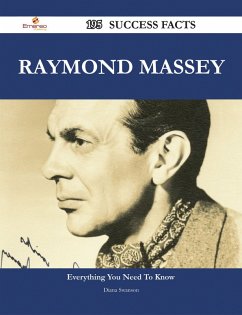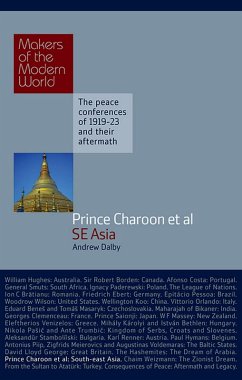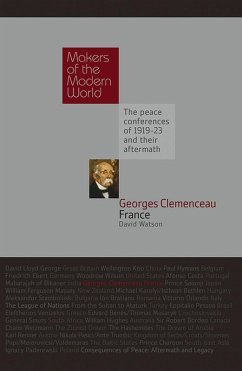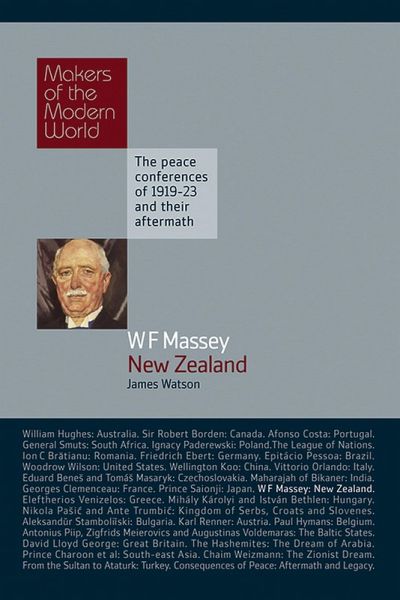
William Massey (eBook, ePUB)
New Zealand

PAYBACK Punkte
10 °P sammeln!
The Great War profoundly affected both New Zealand and its Prime Minister William Massey (1856-1925). ''Farmer Bill'' oversaw the despatch of a hundred thousand New Zealanders, including his own sons, to Middle Eastern and European battlefields. In 1919 he led the New Zealand delegation to the Paris Peace Conference, where it was represented both in its own right and as part of the British Empire. This symbolised its staunch loyalty to Empire and the fact that it had its own particular interests. Massey was largely satisfied with the Versailles Treaty, as New Zealand gained a mandate over West...
The Great War profoundly affected both New Zealand and its Prime Minister William Massey (1856-1925). ''Farmer Bill'' oversaw the despatch of a hundred thousand New Zealanders, including his own sons, to Middle Eastern and European battlefields. In 1919 he led the New Zealand delegation to the Paris Peace Conference, where it was represented both in its own right and as part of the British Empire. This symbolised its staunch loyalty to Empire and the fact that it had its own particular interests. Massey was largely satisfied with the Versailles Treaty, as New Zealand gained a mandate over Western Samoa, Germany forfeited its other Pacific colonies, and control over Nauru''s valuable phosphate deposits was shared between Britain, Australia and New Zealand, rather than simply being given to Australia. He believed that the apparent confirmation of British power improved New Zealand''s security, and had little faith in the League of Nations. However, the opposition Labour Party came to believe the League could prevent a major war and made that a cornerstone of their foreign policy in government after 1935. Their belief that Versailles was unfair to Germany partly influenced them to favour negotiations with Hitler even after the outbreak of war in 1939.
Dieser Download kann aus rechtlichen Gründen nur mit Rechnungsadresse in A, B, BG, CY, CZ, D, DK, EW, E, FIN, F, GR, HR, H, IRL, I, LT, L, LR, M, NL, PL, P, R, S, SLO, SK ausgeliefert werden.





